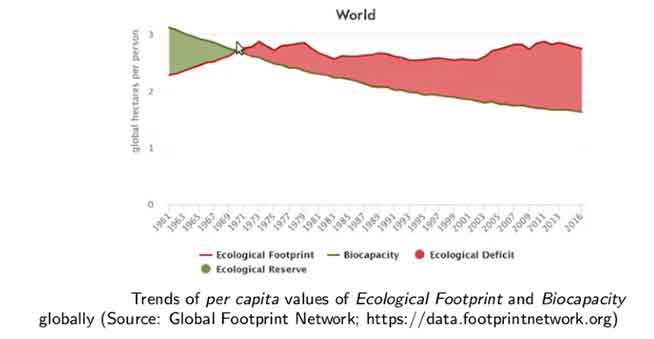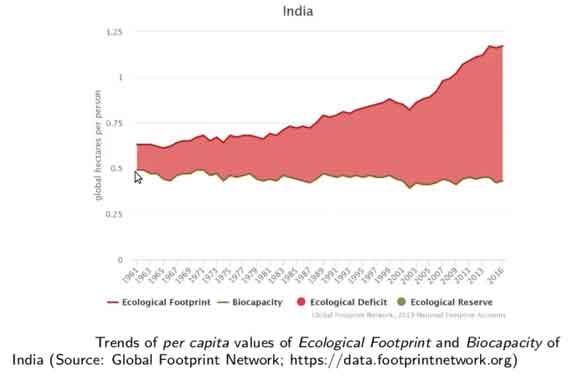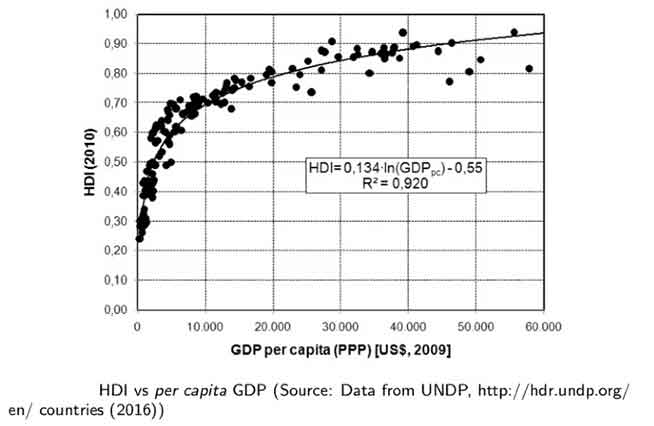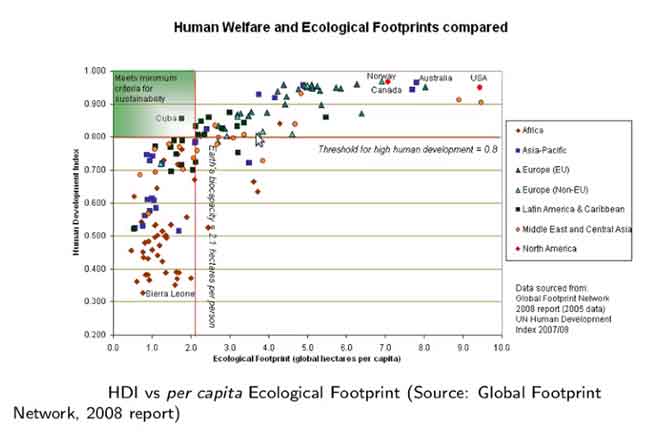
Context
Recently, as a part of the ‘Satyagraha series’ organized by SPI, I got an opportunity to listen to Dr. Shreekumar, who is an organic farmer in the south, and “student and practitioner of sustainability and just resource use”. He has a BTech (chemical engineering from Karnataka Regional Engineering College), Ph.D. (Indian Institute of Science), and has taught at NITK Surathkal. Having briefly worked in the Oil industry, he has seen human’s extractive nature at the expense of the future’s survival. He says that other animals don’t have this power, and only humans have this extractive nature. However, the lack of schooling on these topics should be a concern for us all. Mr. Shreekumar became uncomfortable with the privileges derived from such extractive practices and gave it up to adopt a sustainable lifestyle by founding Sangatya. He is actively involved in educating people on issues of sustainability. In the context of new farm law, I learned his perspective on how new farm laws undermine sustainability and equity. I have made a sincere attempt to document the learnings from his lecture for the larger good.
Current situation:
We are going through the phase of unprecedented economic inequality. Discrimination in various forms is increasing. Pollution of air, soil, and water is at an unparalleled level. We are having erosion of soil and loss of soil fertility in the agricultural sector.
The wealthiest 10% in India owned 77% of the country’s wealth in 2017. 73% of the wealth generated in 2017 went to the wealthiest 1%. 42% of the children below the age of 5 years of age are malnourished. The unemployment rate is the highest in the last 45 years. More than 3 lakh farmers have committed suicide since 1995. The Climate Crisis is aggravating the crisis of agriculture. Inequality in India and the marginalization of agriculture is on the rise in the country.
Consequences of the recent farm laws
With time, the Dismantling of APMCs will lead to the centralization of power in the agricultural sector. The corporate takeover of agriculture and contract farming may become the norm as the power will shift towards the corporates. The situation may turn for the worst, where the farmers may reach a situation where they may lose their lands. Food prices will be in the control of large players. The PDS (Public distribution system) will weaken. Large scale industrial agriculture will become a norm and may lead to loss of employment and further concentration of wealth in the hands of the few. The new laws will indirectly adversely affect soil fertility and climate change. Today, the world works on the principles of growth and GDP numbers. This growth mindset is contributing to unsustainability. The root of this unsustainability is our growth-focused policymaking.
Understanding Ecological Footprint and Biocapacity
In order to understand the scale and seriousness of the problem, we need to understand two concepts here: The concept of Ecological Footprint and Biocapacity. Ecological Footprint is the amount of biologically productive land, and sea area required, given current management practices, to sustain an individual’s consumption, a community, a region, or all of humanity, i.e., to generate what is consumed and to absorb its wastes. Biocapacity is the biologically productive area available per capita or for a community, region, or all of humanity to generate on a sustainable basis renewable resources for its use and to absorb its wastes. For humanity to survive, our biocapacity should be in surplus over our Ecological Footprint. The difference between ecological Footprint and biocapacity is called an ecological deficit.

As we can see from the graph, we are facing an ecological deficit for the last 50 years on a global scale. This is directly correlated to the exponential growth in GDP terms. We are using nonrenewable resources to produce outputs that are not naturally available. Since the naturally produced resources are being manually produced, it is leading to an increasing ecological deficit. India also is faring very poorly. Our ecological deficit has been growing for more than 60 years now, and the gap has only increased post-2003. While our biocapacity has remained fairly constant, our ecological Footprint has increased significantly (to maintain the GDP growth figures leading India to adopt unsustainable practices), causing a significant ecological deficit.

In India, the ecological Footprint was 172% in excess of the biocapacity in 2016. The ecological deficit is increasing. Global human ecological Footprint exceeded biocapacity around 1970 and was estimated to be 1.7 times the biocapacity in 2016. Countries such as the US are living in a higher ecological deficit. If we all try to live like the US, we will need a total of 8 Earths to meet the ecological deficit.
Should we still pursue growth?
In order to meet the deficit, we need to reduce the GDP. However, it cannot be done as a stand-alone project as it would lead to unemployment and has other social implications. Hence, GDP needs to be reduced in a sustainable manner. It’s called degrowth, in which you are decreasing the GDP to ensure environmental justice and good life. Agriculture has an inherent disadvantage in an economy powered by fossil fuels. Unlike other industries, You cannot increase the output in equal proportion just by increasing agriculture input. This phenomenon has led people to migrate from rural to urban and from agro-based industry to non-agro-based fossil fuel industries. The exploitative use of natural resources must be curbed instead of encouraging it in the pursuit of GDP growth. When you increase fossil fuel use in agriculture, it has been found to increase the unemployment and centralization of wealth even in agro-business. The use of fossil fuel in agriculture and other industry should be taxed. In the interest of equity and sustainability, we should have penalties. To not have any penalty against the use of fossil fuel in agriculture is in itself a subsidy from Government. On top of that, Government has provided subsidies to “incentivizing” agriculture that in turn are making agriculture more prone to fossil fuel-intensive agriculture.
A lot of proponents of growth feel that GDP growth leads to an increase in the Human Development Index (HDI). However, We need to look at the correlation between the Human Development Index (HDI) and GDP per capita (as opposed to overall GDP numbers). The below graph shows that after a threshold amount, the growth in per capita GDP only has a marginal increase in HDI, and hence, the growth for HDI increase argument becomes null and void.

High HDI countries are using resources that are higher than their fair share. Ecological Footprint has thus increased for almost all the countries. However, one country stands out from others when it comes to balancing the ecological Footprint and human welfare. The country is Cuba. What is Cuba doing right? Cuba is having higher than the threshold for human development for HDI (0.8), and its ecological Footprint is also lower than the earth’s biocapacity (2.1 Hec/capita). They shifted to organic farming, and their economic discrepancies were also reduced. It is a model that we need to look at while framing the policies for our country. So, what should be our policy?

Suggested Policy measures
Our policies should focus on inclusivity and sustainability. Encroachment on natural ecosystems must be stopped, and degraded ecosystems must be allowed to recover. Farming in the hands of a selected few capitalists will not help to increase the biocapacity. The agricultural lands shouldn’t be diverted to other industries. We need to decentralize the employment opportunities and need a reverse migration. To reverse environmental damage, we should adopt regenerative agricultural practices. Just because we are on the path to ‘development’ shouldn’t give us the right to be on the exploitative path. We don’t need growth to increase HDI. Ecological agriculture must be adopted in a determined manner. However, the Government is incentivizing pesticides and mechanization of agriculture. The use of fossil fuel should be taxed for draining biocapacity, and the revenue from these taxes should be utilized to support organic farmers by ensuring at least a decent minimum support price for them. To ensure that the farmers get a safety net during the transition phase when they shift from current practices to regenerative practices, the Government should support the farmers. The Government should not just measure the GDP impact but ecological and social impact. Land should be looked at in ecological terms rather than economic terms. Landholdings must be of a size suitable for ecological agriculture, which varies according to local conditions and hence needs a micro-level outlook. Every watershed area should have an appropriate land usage policy (at the micro watershed level). The Government should incentivize the cooperative form of agricultural practices, and commodification of farmers needs to be prevented—the lands in the hands of a few corporate need to be prevented. The problem can’t be solved by science and technology alone. We need to solve this by integrating the solution on the basis of values and policies.
In a nutshell
Given the unprecedented nature and edge where we are standing today, our choices cannot be based on what has worked in the past. Our policies should enable the decentralization of power and give back the choices to the masses. A reverse migration needs to take place, and people should go back to agriculture in a sustainable manner. Ecological agriculture must be promoted. We need to learn from Cuba’s experience after the fall of USSR. Preserving liberal values of sustainability and inclusivity should be the key ahead
Ketan Mundhada is a second year MBA Candidate at IIM Ahmedabad and an alumnus of IIT Kharagpur.
SIGN UP FOR COUNTERCURRENTS DAILY NEWSLETTER
















































